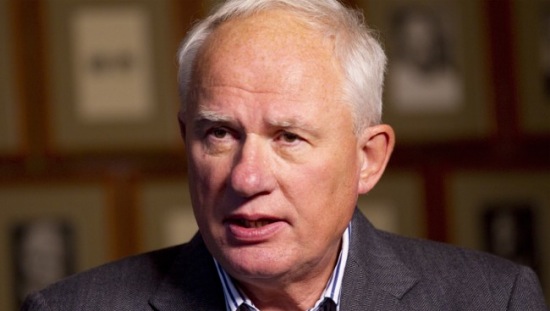Politics of the peace prize

The Nobel Peace Prize has frequently been called “the world’s most prestigious prize.” Some have nevertheless criticized it for being too political. The prize is indeed political in the sense that it deals with important political values and norms, and with political persons, organizations, and institutions. Peace obviously has to do with politics.
Yet, the prize is not political in the narrow sense of the term. Although for too long it focused on persons and organizations in Europe and North America, since the 1960s the laureates have come from all continents except Australia. The Nobel Committee never forgets that more than 60 percent of the world’s population lives in Asia. In recent decades, there have been many laureates from Asia, including this year’s Kailash Satyarthi and Malala Yousafzai.
Some of the laureates are quite far to the left in their national politics, and some are to the right. They represent many different religions, races, and countries. Sixteen of them are women – a high number only compared to the number of women who have won other Nobel prizes.
If most of the 125 laureates have anything in common, I would point to vision and courage. They have ambitious goals, and in trying to reach those goals, many of them have shown great personal courage. This is definitely the case with this year’s laureates, with their sharp focus, respectively, on the abolition of child labor and on girls’ rights to an education, and the way in which their lives have been dramatically threatened.
Another frequent criticism of the prize is that it lacks real substance. It is definitely true that the prize is no magic wand. You cannot wave it and make whatever problem it addresses disappear. No one can produce such results. A committee of five unknown Norwegians certainly cannot.
The prize is primarily a high honor – possibly the highest honor that can be bestowed on a person or an organization. For the lesser-known laureates, it also acts as a loudspeaker, opening virtually all doors for them. Some laureates have even been protected by the prize.
Occasionally, the prize may produce some political result. The Nobel Committee has given prizes, for instance, to four South Africans: Albert Lutuli (1960), Desmond Tutu (1984), Nelson Mandela (1993), and F.W. de Klerk (1993). Granting Lutuli the prize, in particular, may have helped strengthen the opposition to apartheid.
Lech Walesa has many times claimed that without the Nobel Peace Prize (which he received in 1983), he would never have been able to accomplish what he did in Poland in 1989 – and he did more than anyone else (with the exception of Mikhail Gorbachev, another laureate) to liberate Central and Eastern Europe from Soviet Communism.
As a result of the prizes awarded to Carlos Belo and José Ramos-Horta (1996), the people of East Timor give the Nobel Committee a lot of credit for the fact that their country became independent. And when the Chinese government is so afraid of the impact of dissident Liu Xiaobo’s receipt of the Nobel Peace Prize (2010), it is indeed a testimony to the effects of the prize. Not bad for a committee of five largely unknown Norwegians.
-- written by Geir Lundestad, provided to BBJ by The MarkNews
SUPPORT THE BUDAPEST BUSINESS JOURNAL
Producing journalism that is worthy of the name is a costly business. For 27 years, the publishers, editors and reporters of the Budapest Business Journal have striven to bring you business news that works, information that you can trust, that is factual, accurate and presented without fear or favor.
Newspaper organizations across the globe have struggled to find a business model that allows them to continue to excel, without compromising their ability to perform. Most recently, some have experimented with the idea of involving their most important stakeholders, their readers.
We would like to offer that same opportunity to our readers. We would like to invite you to help us deliver the quality business journalism you require. Hit our Support the BBJ button and you can choose the how much and how often you send us your contributions.








